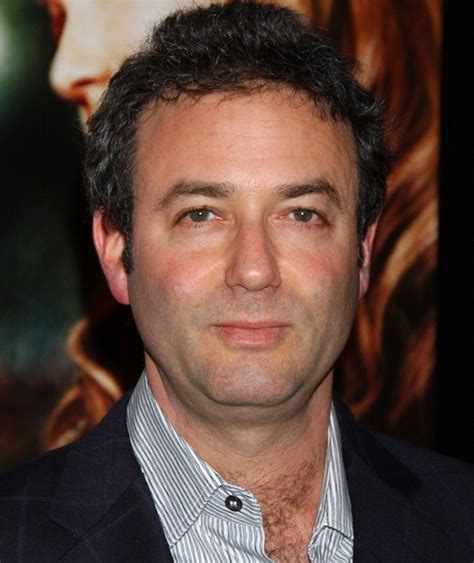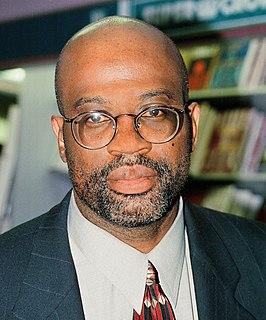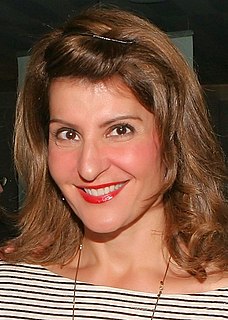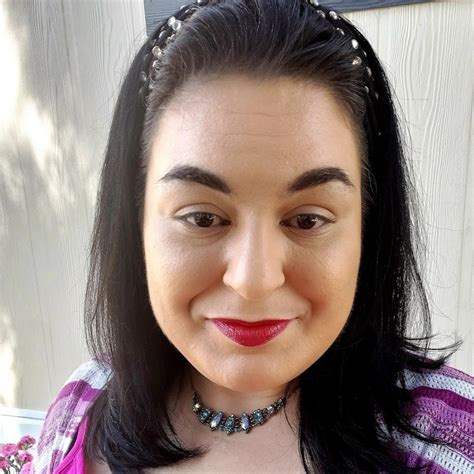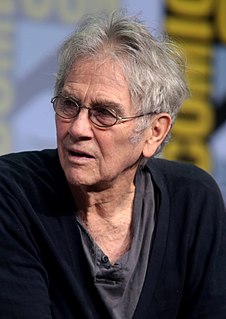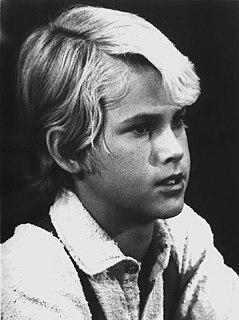A Quote by Daniel Clowes
Writing a screenplay, I'm like, "All I'm responsible for is that final script, and I take great effort and pride in that." But once I give it to someone to make, I can disassociate with it entirely and not worry that my vision isn't being represented, because I understand fully that that's not how it works.
Related Quotes
It's great when a director like Cameron Crowe can take what you do and fit it into what he's doing. If someone's a fan of you already, they can take what you do and make it work for what they're doing. You don't know their vision, and you're thinking, 'How is this guy going to take what I do and make it work in this movie?'
It's funny: as a director, there are movies you make because you're passionate about getting your vision across, and you know that you're vision is different than anybody else. In those cases, you take the plunge, and it works, or it doesn't. You make the stylistic choices based on how you feel about the material.
We're always on the search for a novel or a source or an existing screenplay, or writing something ourselves that turns us on. But because films cost a lot of money to make and a huge amount of effort to get the people to rally, you have to really like it; you can't just semi-like it. Getting to 'really like' is the part that takes the minute.
The way the world works now, the way the rules of engagement operate, you can't claim to make sense out of the exterior without booking voyages into the interior. Think about it: How can you understand 'it' if you haven't made any effort to understand 'you'? Because what you're really doing is establishing a living, electrical, vital, energetic connection between it and you. You're creating both of them, simultaneously. A lot like quantum physics.
It's okay to disagree with the thoughts or opinions expressed by other people. That doesn't give you the right to deny any sense they might make. Nor does it give you a right to accuse someone of poorly expressing their beliefs just because you don't like what they are saying. Learn to recognize good writing when you read it, even if it means overcoming your pride and opening your mind beyond what is comfortable.
Well, I kind of approach both of them similarly in (that) I always see it as a movie first because that's my background. Cindy Kelley, who has been my writing partner on my novels, she works more on the prose side and the description side of the storytelling because, obviously, there's a lot more of that in a novel than in a screenplay. You only have up to 120 pages in a screenplay.
I don't try to worry about sounding like anybody because I know I have my own tone, my own sound. It's just about being honest in a song and trying to relate myself or how to basically break it down as simple as possible for someone to try to understand it. Not being too deep, not being too shallow at the same time.
If you don't understand how something works, never mind: just give up and say God did it. You don't know how the nerve impulse works? Good! You don't understand how memories are laid down in the brain? Excellent! Is photosynthesis a bafflingly complex process? Wonderful! Please don't go to work on the problem, just give up, and appeal to God.



